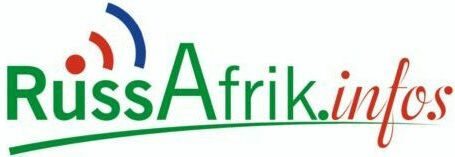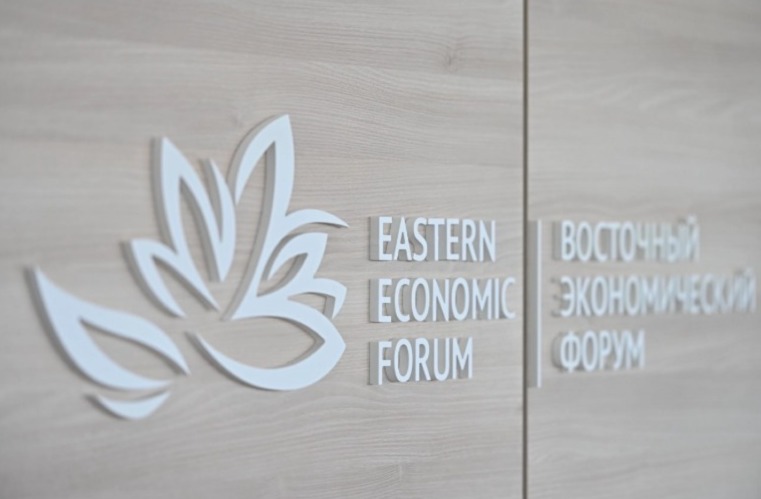

Today, the Eastern Economic Forum (EEF) means thousands of participants, dozens of states, a platform for lobbying major projects and hundreds of agreements worth trillions of roubles. However, this has not always been the case. In this article, we will tell you how the EEF gained its reputation as one of the most promising international forums in the non-Western world, and why, despite serious political turbulence as a megatrend of modern politics, the organisers from Rossknogress continue to insist on the primacy of sustainable development on the forum’s agenda.
How the story of forum began
It all began in 2015. The West was putting increasing pressure on Russia, and the need to reorient the Russian economy towards the Asia-Pacific region was becoming obvious. At that time, there were no serious tools for increasing cooperation with the East. Most of the business efforts of Russian companies were directed towards Europe and the Atlantic, but the new political reality that emerged as a result of the beginning of what was then a purely internal Ukrainian crisis showed that the actions of the Russian business community were seriously flawed. Thus, at the request of the Russian business community, President Putin initiated the creation of a forum in the Far East to revive and develop relations with Asian and Eastern states after almost two decades of Western-centred policies.
The birth and growth of the EEF
The first EEF was held in September 2015 on the campus of the Far Eastern University on Russky Island. Since then, the venue of the forum has remained unchanged and every year (except 2020) it has welcomed guests from all over the world. The first forum was attended by 32 countries and agreements worth 1.3 trillion rubles were signed. The first Forum was a trial run, pilot formats were tested and the first business ties were established.
In 2016 the Roscongress Foundation became the new organiser of the Forum. The EEF has grown and the number of participating countries has increased to 56 in 2016. In the same year, the forum was visited by the first high-ranking representatives of a foreign state: the Prime Minister of Japan, Shinzo Abe, and the President of the Republic of Korea, Park Geun-hye. And so, another EEF tradition was born – visits of the first heads of states. By 2024, the leaders of China, Korea, Mongolia, India, Armenia, Myanmar and Malaysia had visited the forum. Incidentally, the Russian president himself has not missed a single WEF since 2015.

From 2017 to 2019, the EEF continued to strengthen its position as a platform for discussing topical economic issues from sustainable development to demographics. In 2020, the forum was cancelled due to the coronavirus pandemic, but in 2021 it was again held at its traditional venue on Russky Island. Since then, the annual EEF has not been interrupted.
Despite the fact that in recent years the environmental agenda in the rest of the world has been overshadowed by the issues of fierce competition and the struggle for “leadership” in global politics, EEF participants show their commitment to environmental thinking and the implementation of the UN SDG indicators. That’s why the organisers are happy to include the issues of environmental development, ESG and RES in the agenda of the forum.
How is the EEF doing by 2024?
The previous EEF forum was held in 2023, bringing together delegations from 63 countries, 373 agreements were signed for a total of 3.818 trillion rubles, and we are talking only about those agreements that are not commercial secrets. The EEF continues its development as an international platform promoting the theme of friendship and partnership, which is so necessary for the world today.
The next IX Eastern Economic Forum will be held from 3 to 6 September 2024 in Vladivostok.





2 comments
В выходной или будний день — доставка пиццы сделает вечер вкуснее без усилий.
Сегодня заказать пиццу можно быстро и удобно. Существует множество способов, как это сделать. Можно использовать веб-платформы, которые предлагают услуги по доставке пиццы. Также можно позвонить в ресторан и сделать заказ по телефону.
Если вы хотите выбрать пиццу, изучите доступные варианты в меню. Разные пиццерии предлагают широкий ассортимент пиццы, от традиционных до оригинальных вариантов. Также есть возможность собрать пиццу на свой вкус, комбинируя различные ингредиенты.
После выбора пиццы обязательно удостоверьтесь, когда выполнится доставка. Обычно рестораны предлагают разные сроки, в зависимости от загрузки. Также вам стоит узнать условия доставки и минимальную сумму, необходимую для заказа.
Выбор способов оплаты заказа пиццы достаточно разнообразен. Почти все пиццерии принимают наличные, банковские карты и предоставляют возможность онлайн-оплаты. Также стоит следить за акциями и скидками, которые помогут сэкономить на заказе.
Здравствуйте,
Мы можем зарезервировать место в нашем журнале для вашей рекламы.
Свяжитесь с нами по адресу contact@russafrik.info.
Стоимость пакеков составляет от 10 000 до 100 000 рублей.